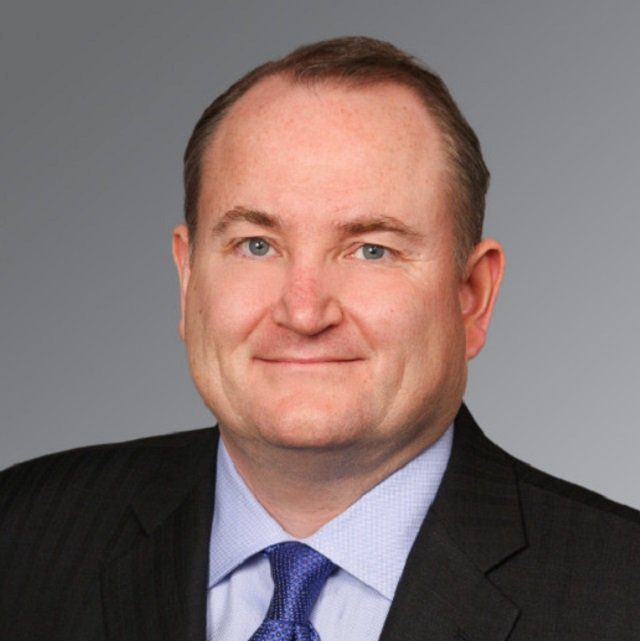Corebridge to Wall Street: We're Built for Volatility

Kevin Hogan, the CEO of Corebridge Financial — AIG’s newly separated life and annuity business — scoffed Wednesday that the kind of market volatility occurring so far this year would do much to Corebridge.
The recent rapid increase in interest rates has hurt some kinds of investment holdings and other values and sales at Corebridge, but, overall, the effects of rising interest rates will be great for the difference between what the company pays holders of life and annuity products and what it earns on its own assets, Hogan told securities analysts at the company’s third-quarter earnings call.
“We’re now seeing spread expansion for the first time in years,” Hogan said.
Executives from Jackson, Equitable and American Equity gave similar assessments during their third-quarter earnings calls.
What It Means
Edward Toy, an insurance examiner, expressed concerns about some life insurers’ understanding of how rising interest rates might affect investment portfolio cash flow.
Large, publicly traded life insurers say they are expecting to have plenty of cash they can use both to meet life and annuity commitments owed to your clients and pay dividends to their shareholders.
The Calls
Hogan said the list of levers AIG has to increase cash includes its hedging programs, the enormous flow of cash from its life and annuity operations, cutting real estate costs and updating its information technology systems.
Laura Prieskorn, the CEO of another major issuer, Jackson, noted that her company has $800 million cash at the holding company level, which is well above the company’s minimum preferred level and enough to cover the cost of holding company expenses and shareholder dividends for two years.
“We see market volatility as a reasonable tradeoff for a very high return business,” she said.




